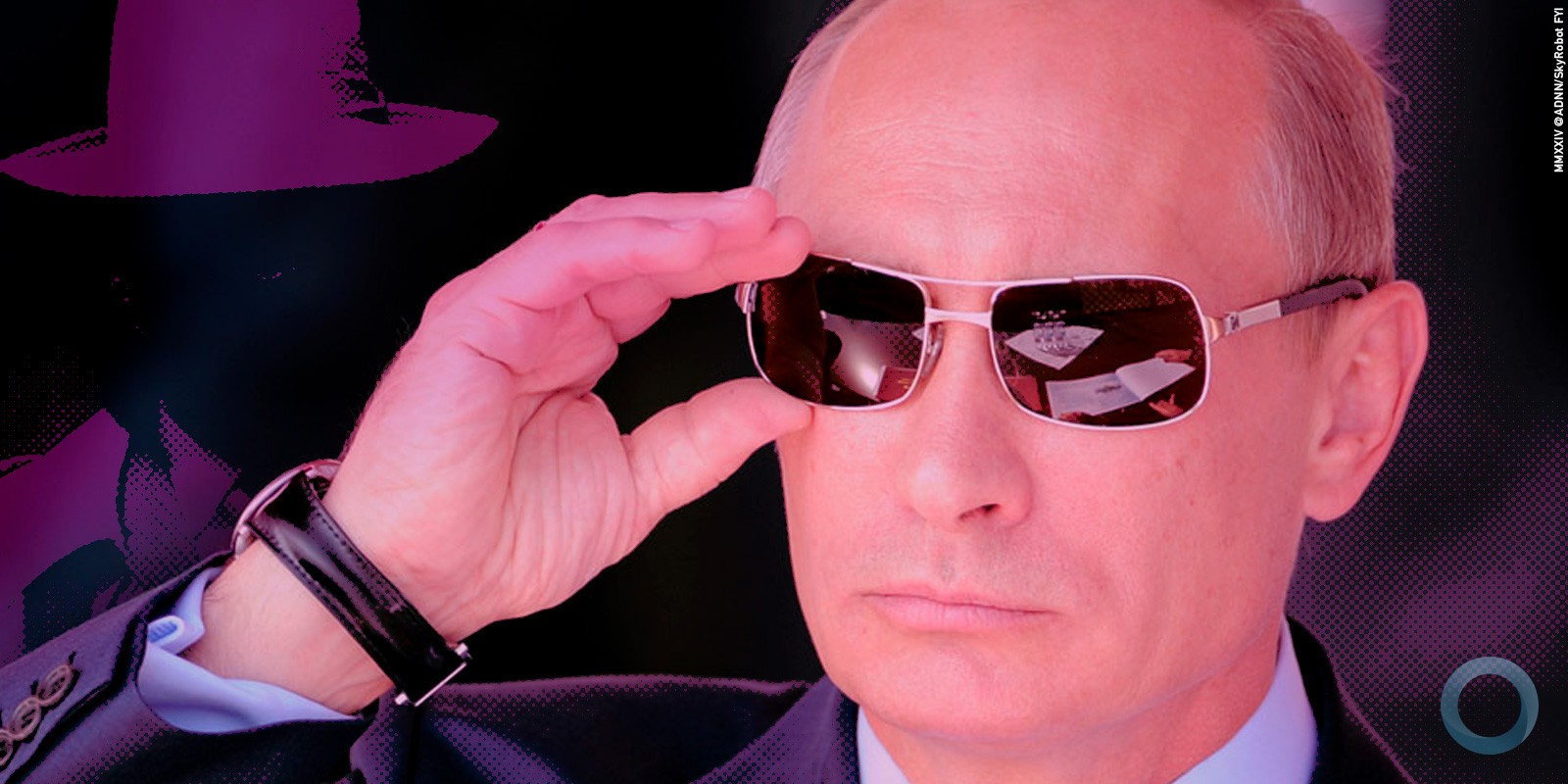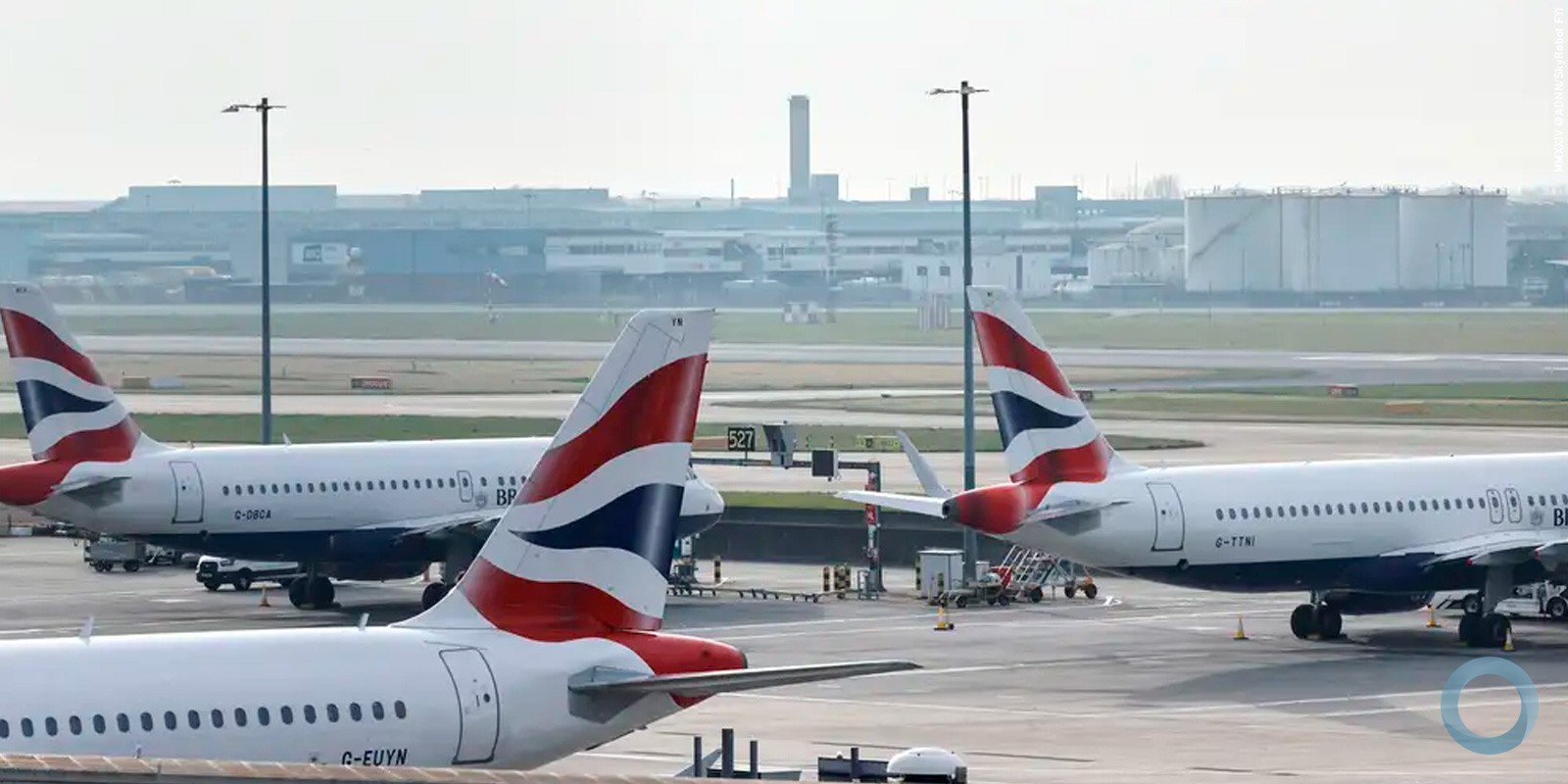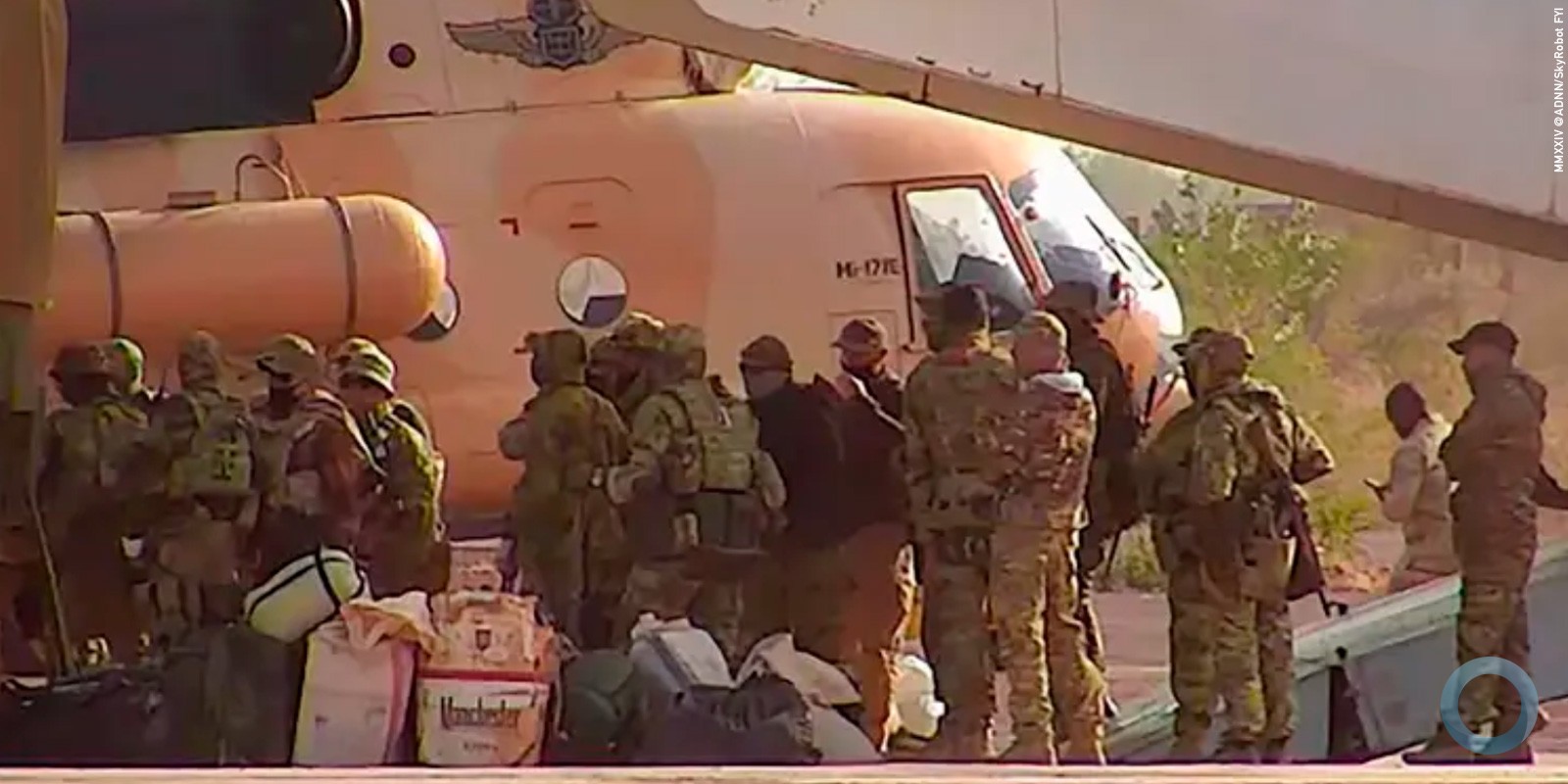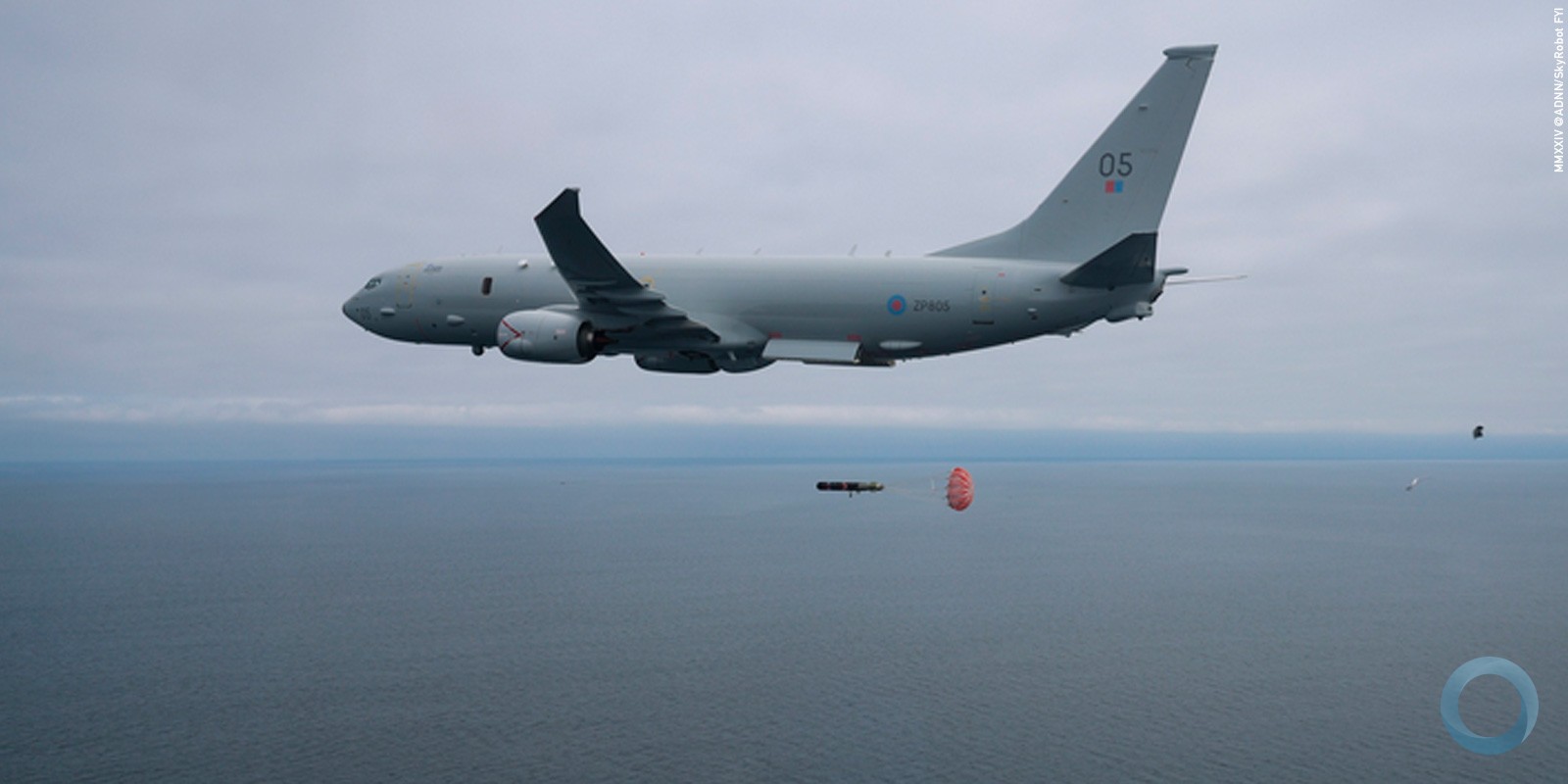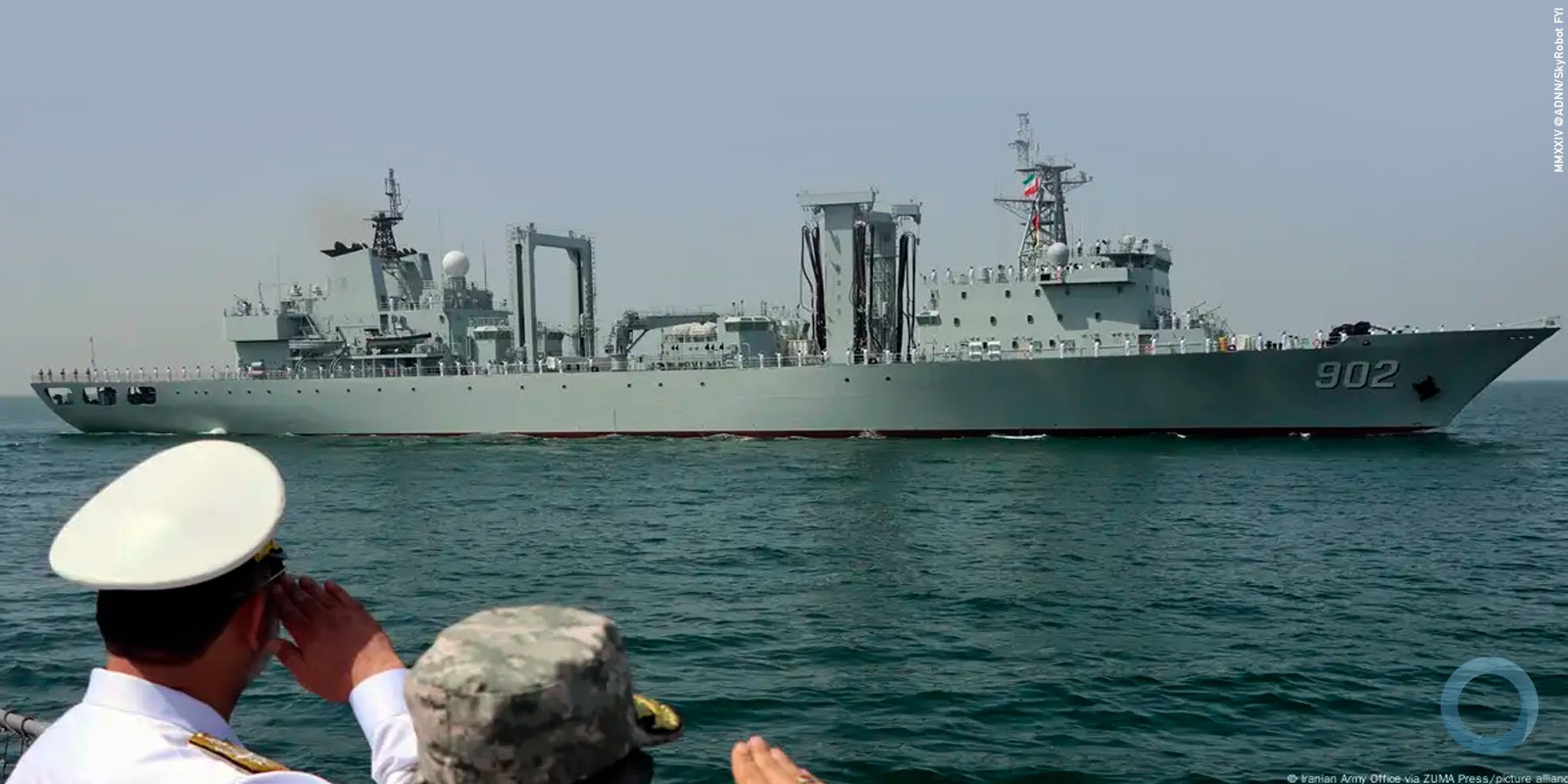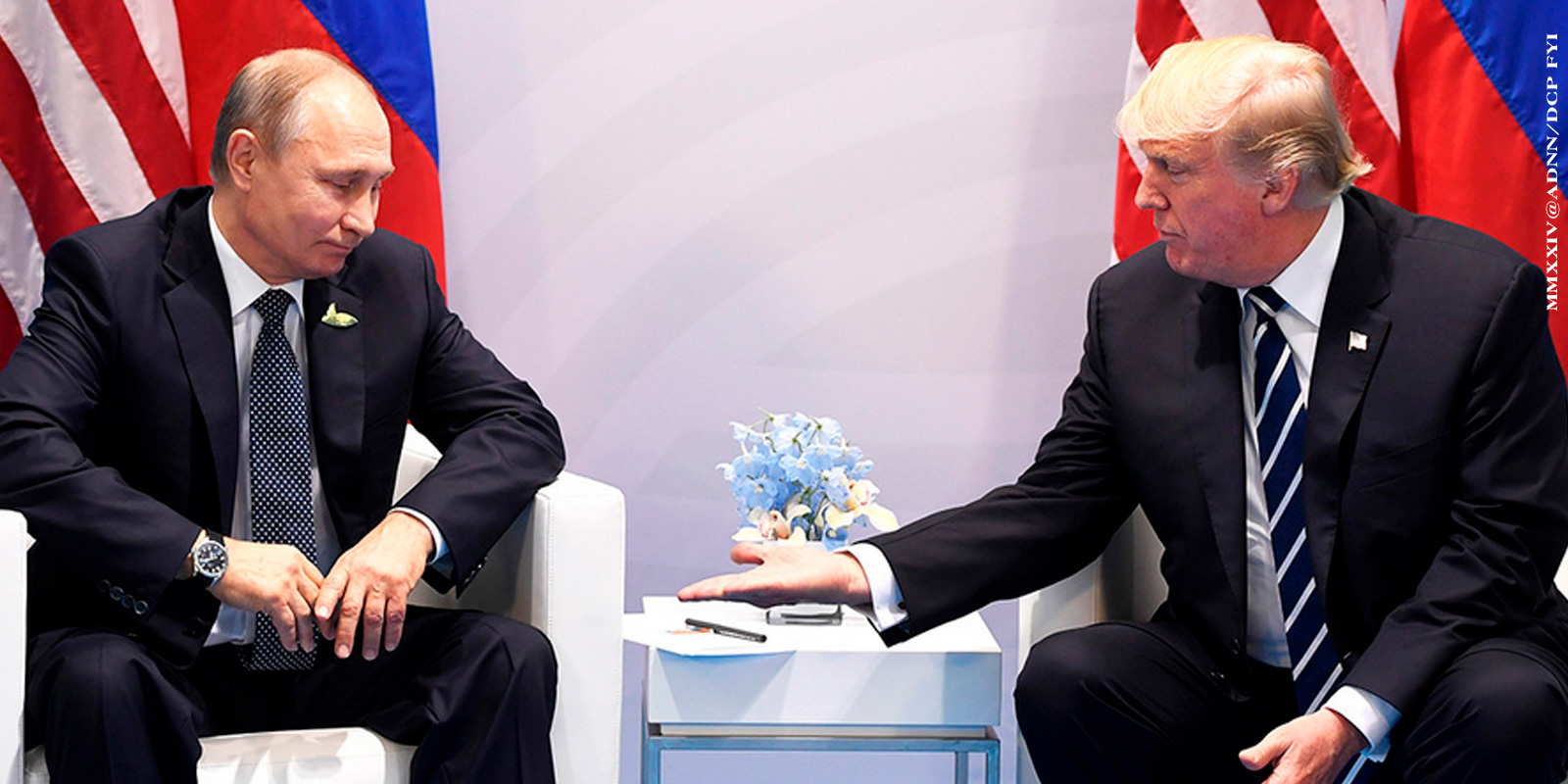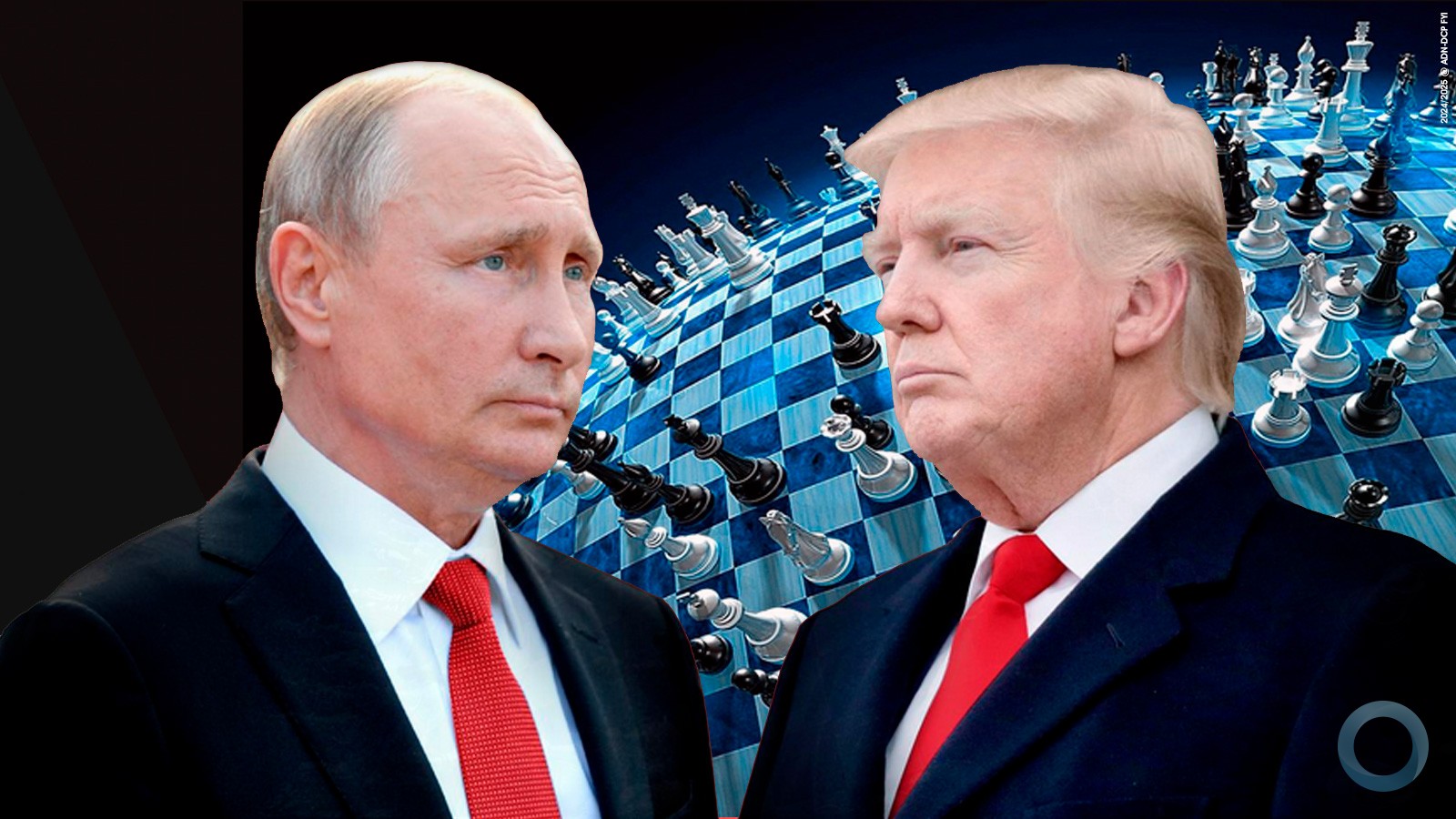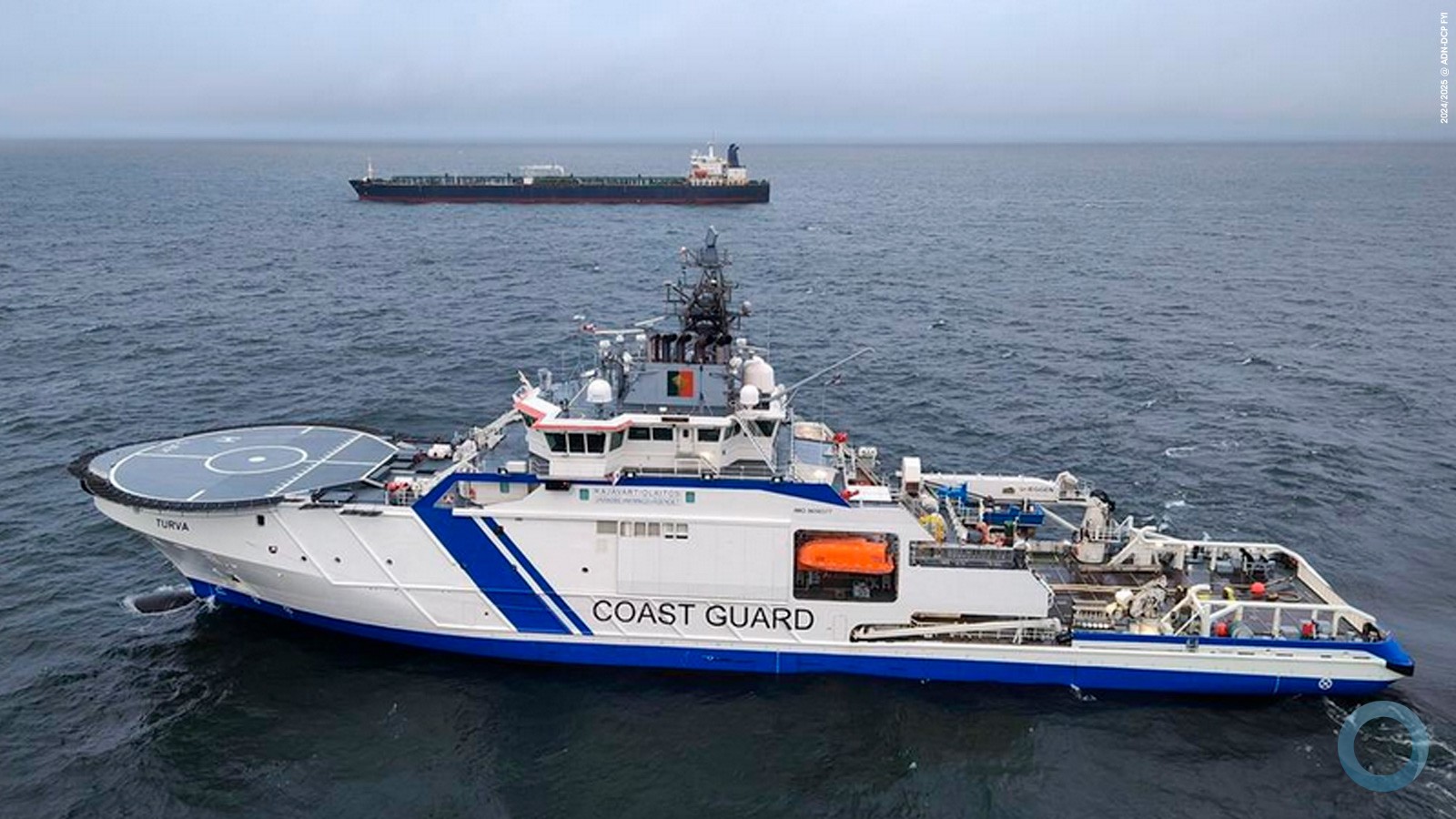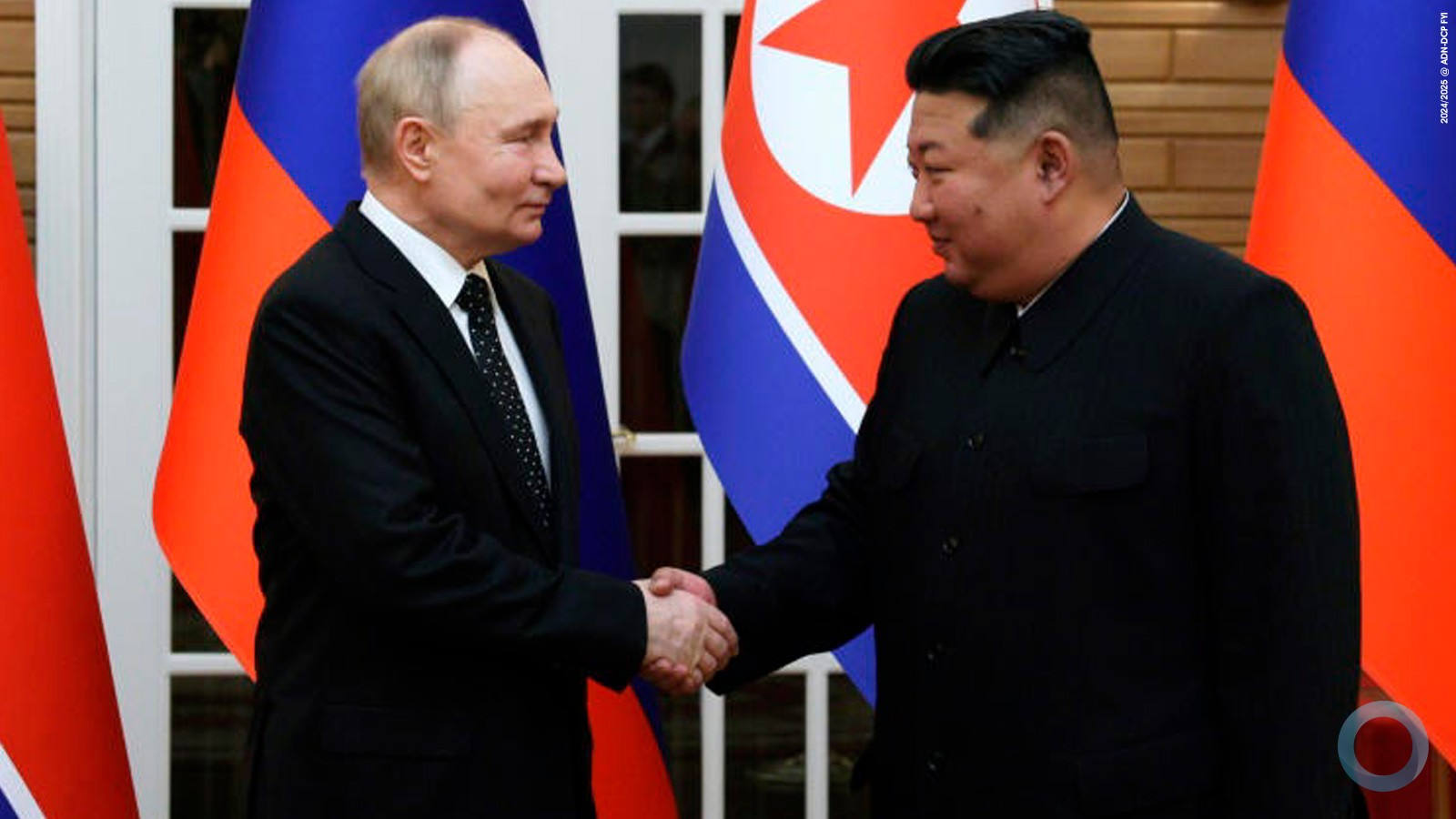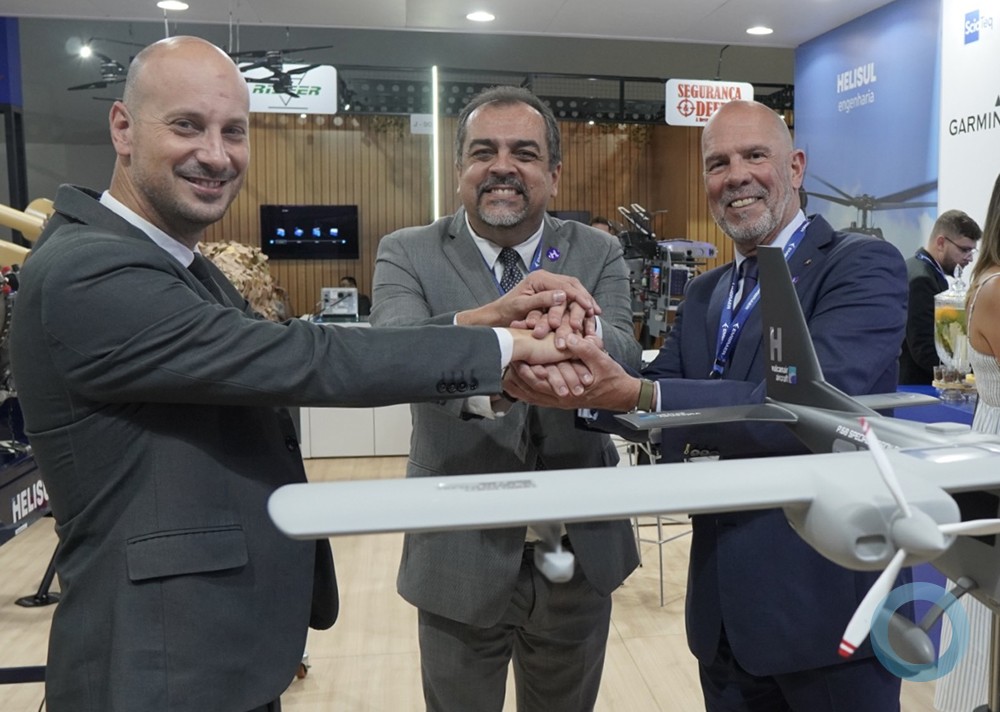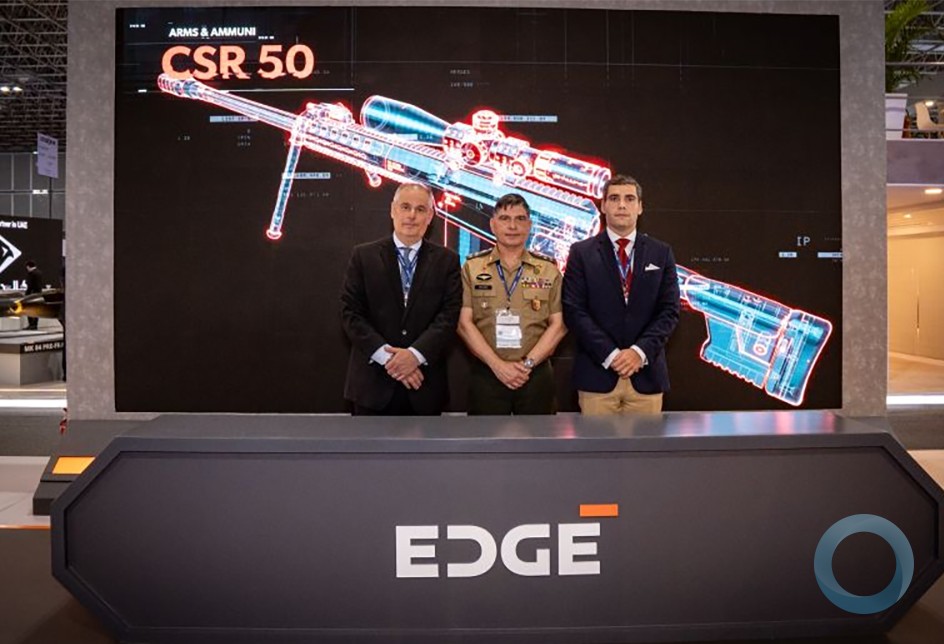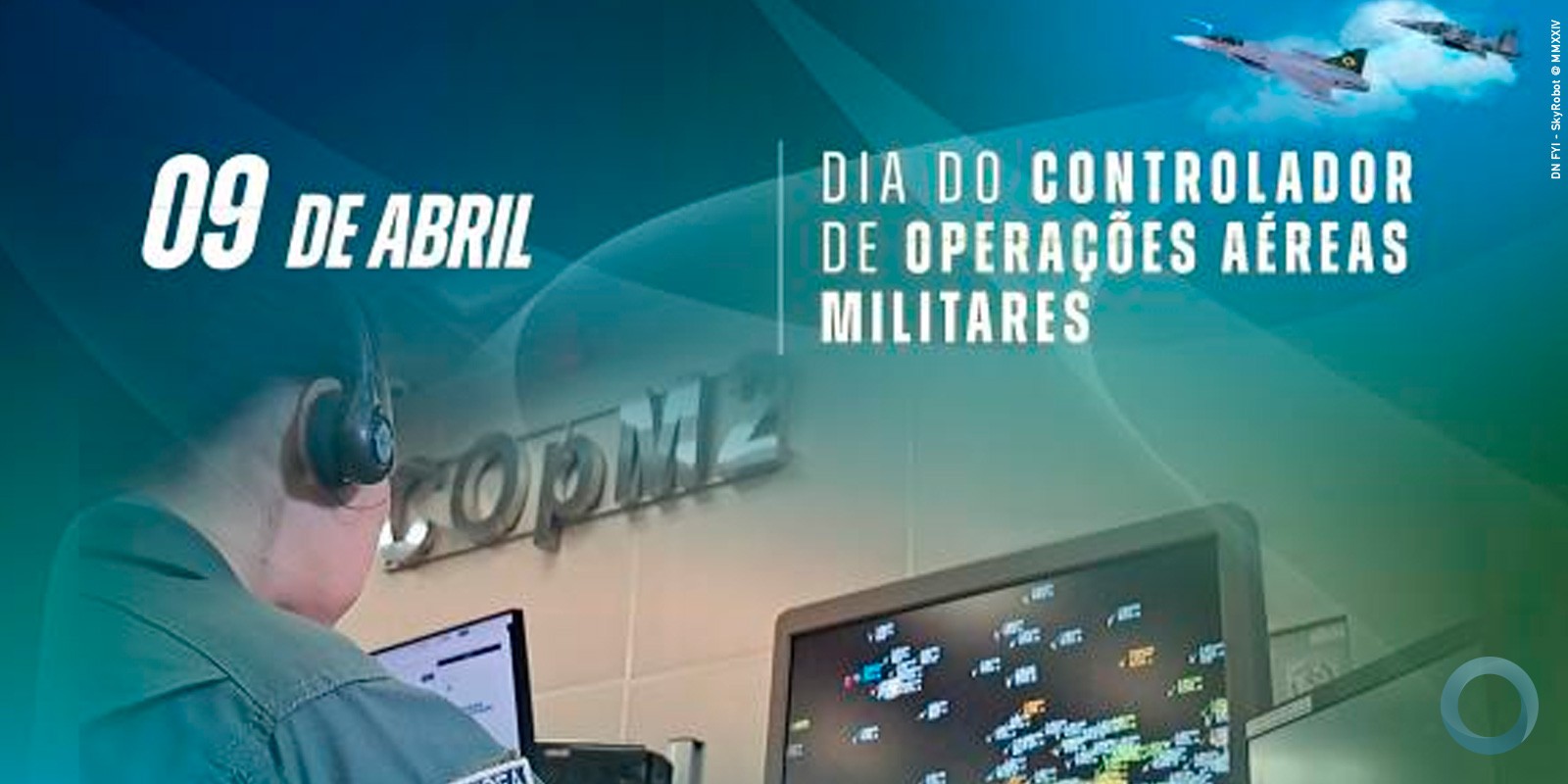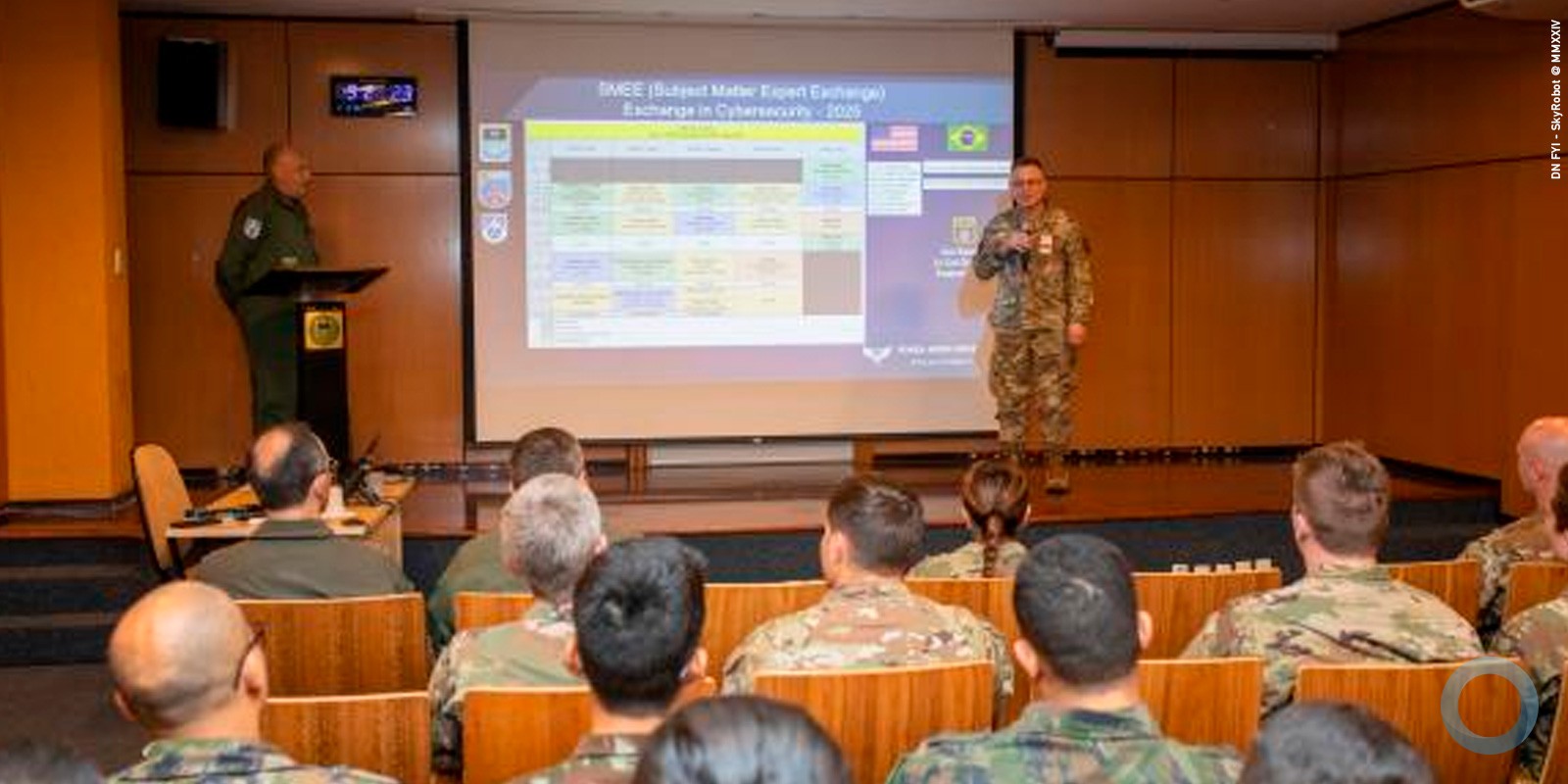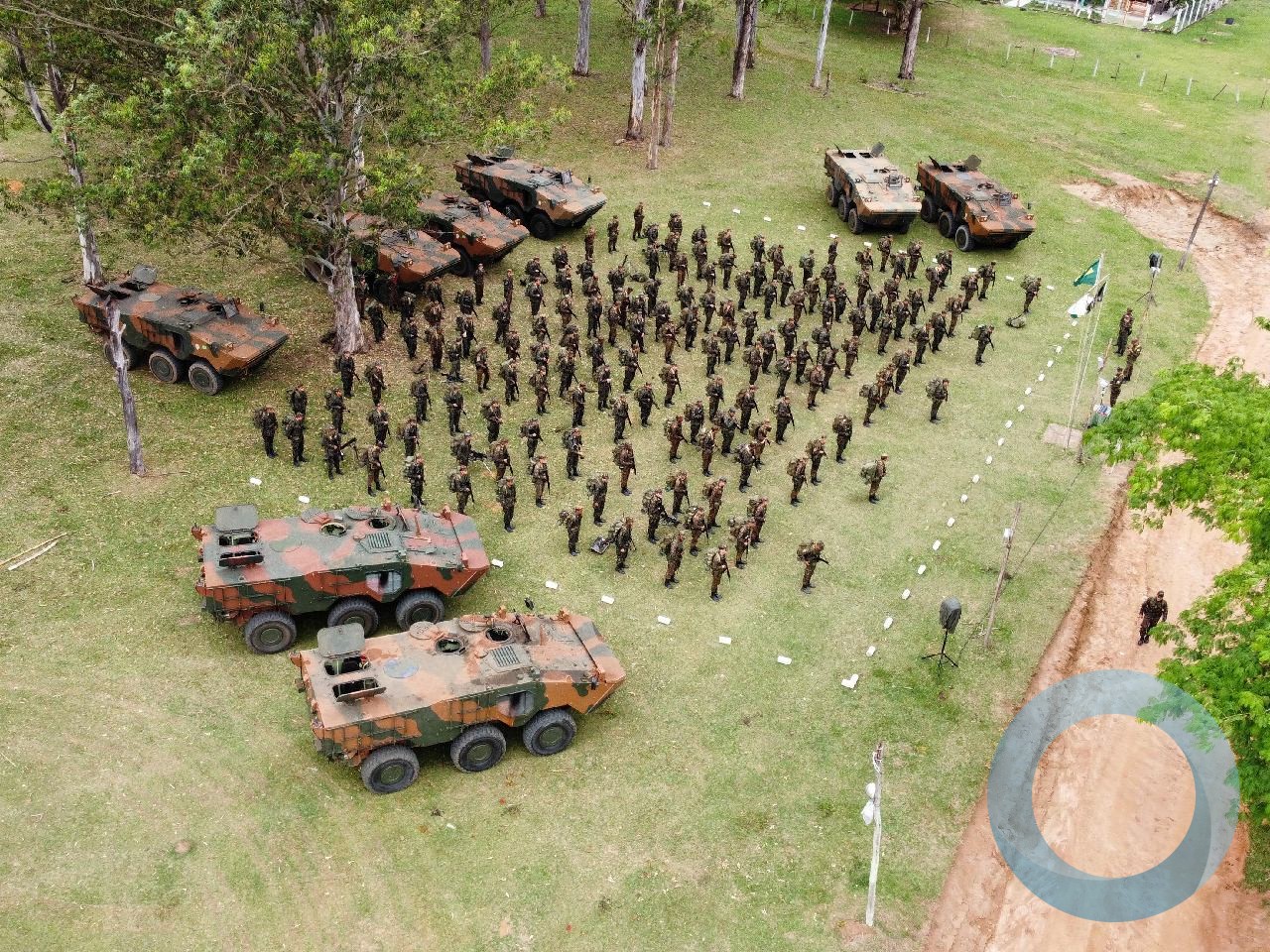Presidential Address to the Federal Assembly
Part II
Moscow April 21, 2021
Transcript as release by Kremlin.ru
As for large-scale construction, the DOM.RF development institute will attract financial resources through the placement of bonds. This is a tried and tested mechanism that generally works well. These resources must go to developers as targeted loans.
I would like to emphasise that federal budget subsidies will allow DOM.RF to issue loans to developers at a minimal annual rate of about 3–4 percent. The construction of residential neighbourhoods in Tula, Tyumen, the Sakhalin Region and Kuzbass will be pilot projects for developing this model.
Improvement of cities and towns and housing construction growth play a major role in the development of the regions. We must take care of the urgent, daily problems of local residents. Quite a few Russian families live in areas connected to gas networks but their homes still have no access to gas for some reason. It seems the pipe is there but there is no gas at home.
I would like to ask the Government to work out, in cooperation with the regions, a clear-cut plan for bringing gas to such households. In this context, I support United Russia’s initiative, notably, that people do not have to pay for laying gas pipes directly to the border of their land plots in a residential area.
As I have already said, the Government must analyse all details in cooperation with Gazprom and other companies and agencies that work in this area to prevent any setbacks. Otherwise, I will say something from this rostrum and people will be waiting for it but because you don’t put some squiggles or commas in the right place everything will get bogged down again. This is unacceptable, and I will check on it myself, so please pay attention. Mosoblgaz and other companies must understand what they must do, in what timeframe and how much money they have at their disposal.
The goal is certainly more extensive. We must offer every region our solutions on public access to reliable and clean energy sources. This may be electricity, including from renewable sources, or environmentally friendly use of coal, which is also an option in the modern world, pipeline or liquefied gas. I instruct the regional heads to prepare, in coordination with the Government, detailed plans of action and start implementing them next year.
For example, in Kamchatka we must envisage the creation of local gas-receiving infrastructure to ensure reliable long-term gas supplies to the residents and companies of the Kamchatka Territory.
Colleagues,
We will not only give fundamentally new development tools to the regions, but will also directly invest federal resources into the settlement of the worst systemic problems, which will have a compound effect on boosting the regions’ growth and improving the quality of people’s lives.
We will begin with allocations from the National Welfare Fund for building mainline motorways. First of all, we should finance the ongoing construction of the Moscow-Kazan high-speed road and, more than that, extend it all the way to Yekaterinburg, completing this project within three years.
This way, together with the existing Moscow-St Petersburg high-speed road and the Central Ring Road, this will ensure safe high-speed motorway transit across the entire European part of Russia, from the Baltic Sea to the Urals, by 2024.
However, it is not enough to simply connect the end-of-line destinations. What good will this do, if it does not change anything about life in villages or small towns but only gives the people there an opportunity to watch high-speed trains and vehicles rush past? The backbone infrastructure must definitely lead to the development of all the territories where it has been built, giving rise to the development of a modern regional network.
The constituent entities will now be able to use infrastructure loans to speed up the implementation of these construction projects. But in their development plans, our colleagues should remember and take into account that the federal and regional mainlines must function as a unified system in the interests of our citizens, businesses and regions. In this way, the infrastructure loans and the resources of the National Welfare Fund will be working for the benefit of all Russian regions.
The same goes for our new national project in the tourist sphere. A programme of easy loans will be launched soon to finance the construction and renovation of hotels and other tourist infrastructure. The interest rate on these loans will be 3–5 percent as well, and the loans will mature in 15 years.
There are many other pilot projects. I will only mention some of them: the development of Sheregesh, the leading mountain ski resort in Kuzbass; the creation of a yachting resort in the Bay of Balaklava in Sevastopol; and the development of the tourist industry on the Altai and in the Kaliningrad Region.
The infrastructure loans project will give a new impetus to entire tourist clusters. In particular, several regions in Central Russia will be able to modernise and expand the Golden Ring route at a fundamentally new level, realising the tourist potential of small towns such as Tarusa, Palekh, Murom, Gorokhovets, Tutayev and Borovsk. Development projects will be launched in the Volga Region cities, the Crimean resorts, the Black Sea and Pacific coast areas, as well as in our resort towns such as Staraya Russa in the Novgorod Region and Kavkazskiye Mineralnye Vody in the Caucasus, including its gem, Kislovodsk.
Russia is a hospitable country that is open to its good friends. You surely remember what happened during the 2018 football championships. As soon as the epidemiological situation allows, we will lift the remaining restrictions and millions of tourists from all over the world will come to Russia again. We have a practical task at hand: to ensure that e-visas for travel to Russia are available remotely and without undue formalities within a matter of four days in the majority of countries.
Colleagues,
The meaning and purpose of Russia's policy in the international arena – I will just say a few words about this to conclude my address – is to ensure peace and security for the well-being of our citizens, for the stable development of our country. Russia certainly has its own interests we defend and will continue to defend within the framework of international law, as all other states do. And if someone refuses to understand this obvious thing or does not want to conduct a dialogue and chooses a selfish and arrogant tone with us, Russia will always find a way to defend its stance.
At the same time, unfortunately, everyone in the world seems to be used to the practice of politically motivated, illegal economic sanctions and to certain actors’ brutal attempts to impose their will on others by force. But today, this practice is degenerating into something even more dangerous – I am referring to the recently exposed direct interference in Belarus in an attempt to orchestrate a coup d’état and assassinate the President of that country. At the same time, it is typical that even such flagrant actions have not been condemned by the so-called collective West. Nobody seemed to notice. Everyone pretends nothing is happening.
But listen, you can think whatever you like of, say, Ukrainian President [Viktor] Yanukovych or [Nicolas] Maduro in Venezuela. I repeat, you can like or dislike them, including Yanukovych who almost got killed, too, and removed from power via an armed coup. You can have your own opinion of President of Belarus Alexander Lukashenko’s policy. But the practice of staging coups d’état and planning political assassinations, including those of high-ranking officials – well, this goes too far. This is beyond any limits.
Suffice it to mention the admission made by the detained participants in the conspiracy about a planned siege of Minsk, including plans to block the city infrastructure and communications, and a complete shutdown of the entire power system in the capital of Belarus! This actually means they were preparing a massive cyberattack. What else could it be? You know, you cannot just do it all with one switch.
Clearly, there is a reason why our Western colleagues have been stubbornly rejecting Russia’s numerous proposals to establish an international dialogue on information and cyber security. We have come up with these proposals many times. They avoid even discussing this matter.
What if there had been a real attempt at a coup d’état in Belarus? After all, this was the ultimate goal. How many people would have been hurt? What would have become of Belarus? Nobody is thinking about this.
Just as no one was thinking about the future of Ukraine during the coup in that country.
All the while, unfriendly moves towards Russia have also continued unabated. Some countries have taken up an unseemly routine where they pick on Russia for any reason, most often, for no reason at all. It is some kind of new sport of who shouts the loudest.
In this regard, we behave in an extremely restrained manner, I would even say, modestly, and I am saying this without irony. Often, we prefer not to respond at all, not just to unfriendly moves, but even to outright rudeness. We want to maintain good relations with everyone who participates in the international dialogue. But we see what is happening in real life. As I said, every now and then they are picking on Russia, for no reason. And of course, all sorts of petty Tabaquis are running around them like Tabaqui ran around Shere Khan – everything is like in Kipling's book – howling along in order to make their sovereign happy. Kipling was a great writer.
We really want to maintain good relations with all those engaged in international communication, including, by the way, those with whom we have not been getting along lately, to put it mildly. We really do not want to burn bridges. But if someone mistakes our good intentions for indifference or weakness and intends to burn or even blow up these bridges, they must know that Russia's response will be asymmetrical, swift and tough.
Those behind provocations that threaten the core interests of our security will regret what they have done in a way they have not regretted anything for a long time.
At the same time, I just have to make it clear, we have enough patience, responsibility, professionalism, self-confidence and certainty in our cause, as well as common sense, when making a decision of any kind. But I hope that no one will think about crossing the “red line” with regard to Russia. We ourselves will determine in each specific case where it will be drawn.
I will now say, just as I always do during the annual addresses to the Federal Assembly, that the improvement and qualitative strengthening of Russia’s Armed Forces continues on a regular basis. In particular, special attention will be given to the development of military education both at military school and academies and at military training centres at civilian universities.
By 2024, the share of modern weapons and military equipment in the armed forces will reach nearly 76 percent, which is a very good indicator. This share in the nuclear triad will be over 88 percent before this year is out.
Standing on combat duty are the latest Avangard hypersonic intercontinental missile systems and the Peresvet combat laser systems, and the first regiment armed with Sarmat super-heavy intercontinental ballistic missiles is scheduled to go on combat duty in late 2022.
The number of combat air systems with Kinzhal hypersonic missiles, and warships armed with precision hypersonic weapons such as Kinzhal that I mentioned, and with the Kalibr missiles, is increasing. The Tsirkon hypersonic missiles will be put on combat duty soon. Work is underway on other modern combat systems, including Poseidon and Burevestnik, in accordance with the development plans of the Armed Forces.
As the leader in the creation of new-generation combat systems and in the development of modern nuclear forces, Russia is urging its partners once again to discuss the issues related to strategic armaments and to ensuring global stability. The subject matter and the goal of these talks could be the creation of an environment for a conflict-free coexistence based on the security equation, which would include not only the traditional strategic armaments, such as intercontinental ballistic missiles, heavy bombers and submarines, but – I would like to emphasise this – all offensive and defensive systems capable of attaining strategic goals regardless of the armament.
The five nuclear countries bear special responsibility. I hope that the initiative on a personal meeting of the heads of state of the permanent members of the UN Security Council, which we proposed last year, will materialise and will be held as soon as the epidemiological situation allows.
Russia is always open to broad international cooperation. We have consistently advocated the preservation and strengthening of the key role of the United Nations in international affairs, and we try to provide assistance to the settlement of regional conflicts and have already done a great deal to stabilise the situation in Syria and to launch a political dialogue in Libya. As you know, Russia played the main role in stopping the armed conflict in Nagorno-Karabakh.
It is on the basis of mutual respect that we are building relations with the absolute majority of the world’s countries: in Asia, Latin America, Africa and many European countries. We are consistently expanding as a priority contacts with our closest partners in the Shanghai Cooperation Organisation, BRICS, the Commonwealth of Independent States, and our allies in the Collective Security Treaty Organisation.
Our common projects in the Eurasian Economic Union are aimed at ensuring economic growth and the wellbeing of our people. There are new, interesting projects here, such as the development of transport-and-logistics corridors. I am sure they will become a reliable infrastructure backbone for large-scale Eurasian partnership. The Russian ideas of this broad, open association are already being put into practice, in part, via alignment with other integration processes.
All these projects are not just geopolitical ideas but strictly practical instruments for resolving national development tasks.
Colleagues,
I began today’s Address with urgent healthcare issues, and concluding it, I would like to say the following. Nobody in the world knew what misfortune we would have to face. However, we, citizens of Russia, have already done much and will do all we can to counter the threat of the epidemic. Our country has reliable resources for this. We created them in healthcare, science, education and industry in previous years.
However, we must definitely move forward. We have mapped out national development tasks. Naturally, the challenge of the epidemic has made objective adjustments to our work. Today’s Address contains instructions on demography and family support, as well as on efforts to fight poverty, increase incomes, create jobs, improve the business environment and raise state management to a new level.
I would like to ask the Government to focus on these tasks in preparing new initiatives on Russia’s socioeconomic development and instruct it to present them by July 1 of this year.
What do I have in mind? Doing everyday work, we must certainly not forget about our strategic development goals and our national development goals, and we must improve the mechanisms for reaching them.
We will discuss the Government’s proposals with the participation of the relevant State Council commissions, our business associations, experts and the Civic Chamber. Following such a broad discussion, we will make final decisions on further financial and organisational actions at the meeting of the Council for Strategic Development and National Projects.
Now I would like to address all citizens of Russia once again to say that we will do everything in our power to achieve the goals set. I am sure we will move forward together and accomplish all the tasks that we have set for ourselves.
Thank you very much for your attention.
The National Anthem of the Russian Federation is played.






